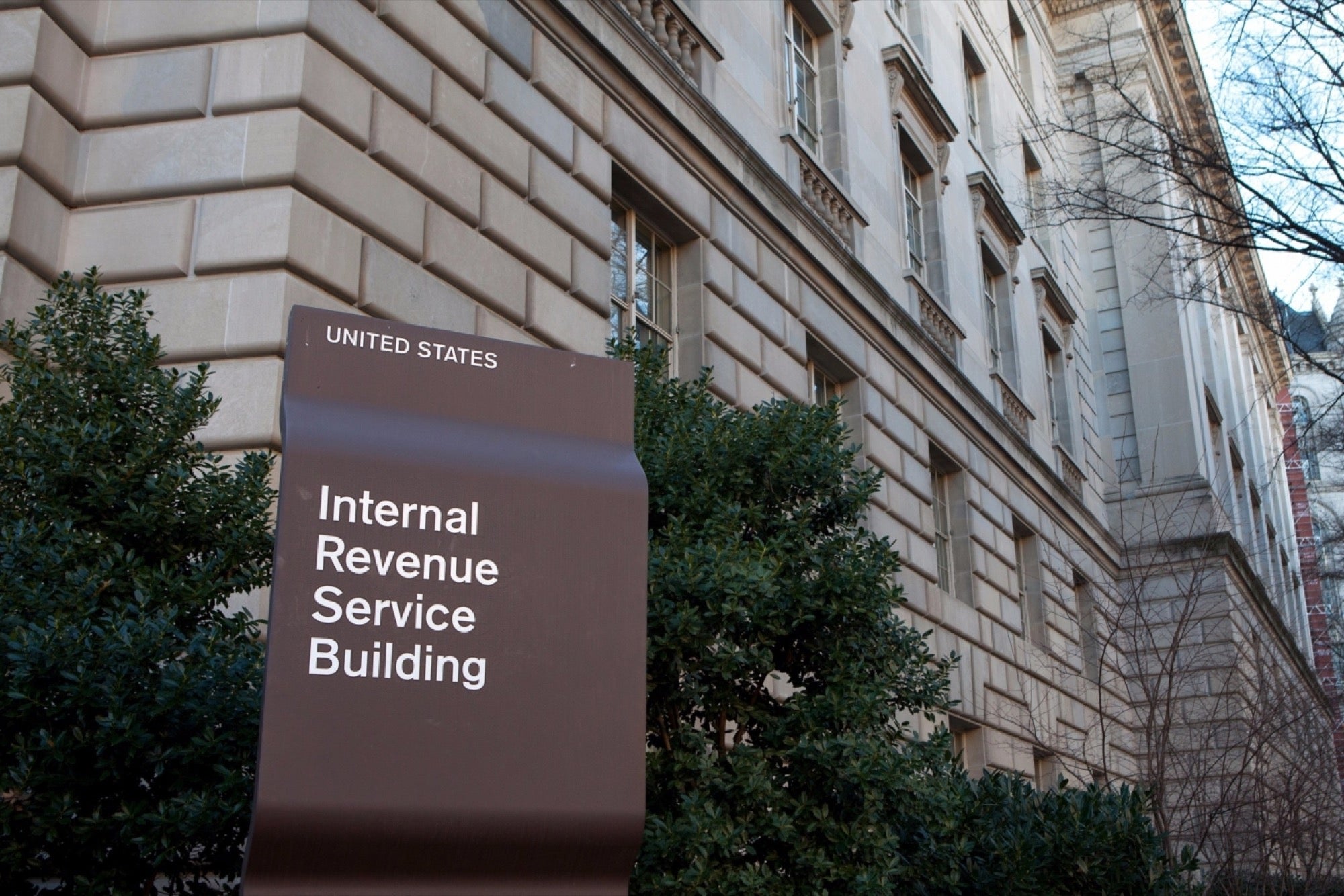5 Top Tax Hacks for Entrepreneurs Get the most out of your return this tax season.
By Ryan Himmel Edited by Dan Bova
Opinions expressed by Entrepreneur contributors are their own.

Another New Year, another tax season. Like many who are self-employed, you may be doing the mental math before you've even filed in an attempt to deduce whether you'll get a refund or owe money (and how much). To either limit what you owe or maximize your refund from Uncle Sam, determine the deductions you may be eligible for as a business owner.
Here are the top tax hacks, some of them well-known and others a little more underused, for entrepreneurs:
1. Home office
If you have a home-based office that is used exclusively for activities related to your business, you may be eligible to claim a deduction.
There only used to be one method for calculating home-office expenses, which requires complex calculations to determine the correct deduction. The IRS introduced a second, simplified option a few years back that essentially enables you to claim $5 per square foot, up to a maximum of 300 square feet, of business space. Be warned that the deduction maxes out at $1,500.
Using the regular method may be beneficial for a business owner with a larger home-office space and subsequent expenses because there's no limit to the amount of eligible square-footage. Instead, it's determined by calculating the percentage of the home used for business. However, it can raise a red flag with the IRS, so consider having an accountant prepare your taxes if you're unsure.
2. Depreciation of equipment
The purchase of large equipment -- new or used -- during the 2016 tax year allows you to claim a Section 179 Deduction, otherwise known as a Special Depreciation Allowance. This type of deduction is especially useful for service-based businesses that require large machinery or computer systems, and you can claim up to a maximum of $500,000.
3. Retirement planning
Even though the tax year itself has already passed, it isn't too late to open certain retirement plans, such as a SEP-IRA. If you do so before this year's filing deadline and start putting pre-tax cash towards your retirement fund, they'll still be tax-deductible. The IRS has a tool to help calculate your plan contribution and reduction.
4. Health insurance costs
You may be eligible to deduct the cost of health insurance for you and your spouse and dependents. This particular deduction lowers your adjusted gross income, meaning that there's less chance of you being rendered ineligible for certain other tax breaks. Be careful when deducting these costs, as you aren't eligible if you have a separate full-time job that provides a subsidized health plan, or if your spouse has an employer-subsidized health plan. It's worth noting that eligibility is determined on a month-by-month basis and a few other things.
5. Education expenses
There are a few deduction-eligible educational expenses that are seemingly obvious. Conferences, online courses, and textbooks -- these are just some of the resources that can help you maintain or improve your skills related to running your business. Some of the more infrequently considered resources that usually qualify are trade publication subscriptions or donations to business organizations. See the IRS' tool to help determine whether your educational expenses are eligible for deduction.
At the end of the day, though, an accountant will be able to offer you the best advice on what you can and can't claim -- enabling you to get the most bang for your buck. Their professional expertise will pay for itself numerous times over, not to mention their fees are tax-deductible. Plus, they can help mitigate the risk of costly mistakes and for planning that goes beyond the 2016 tax year.










